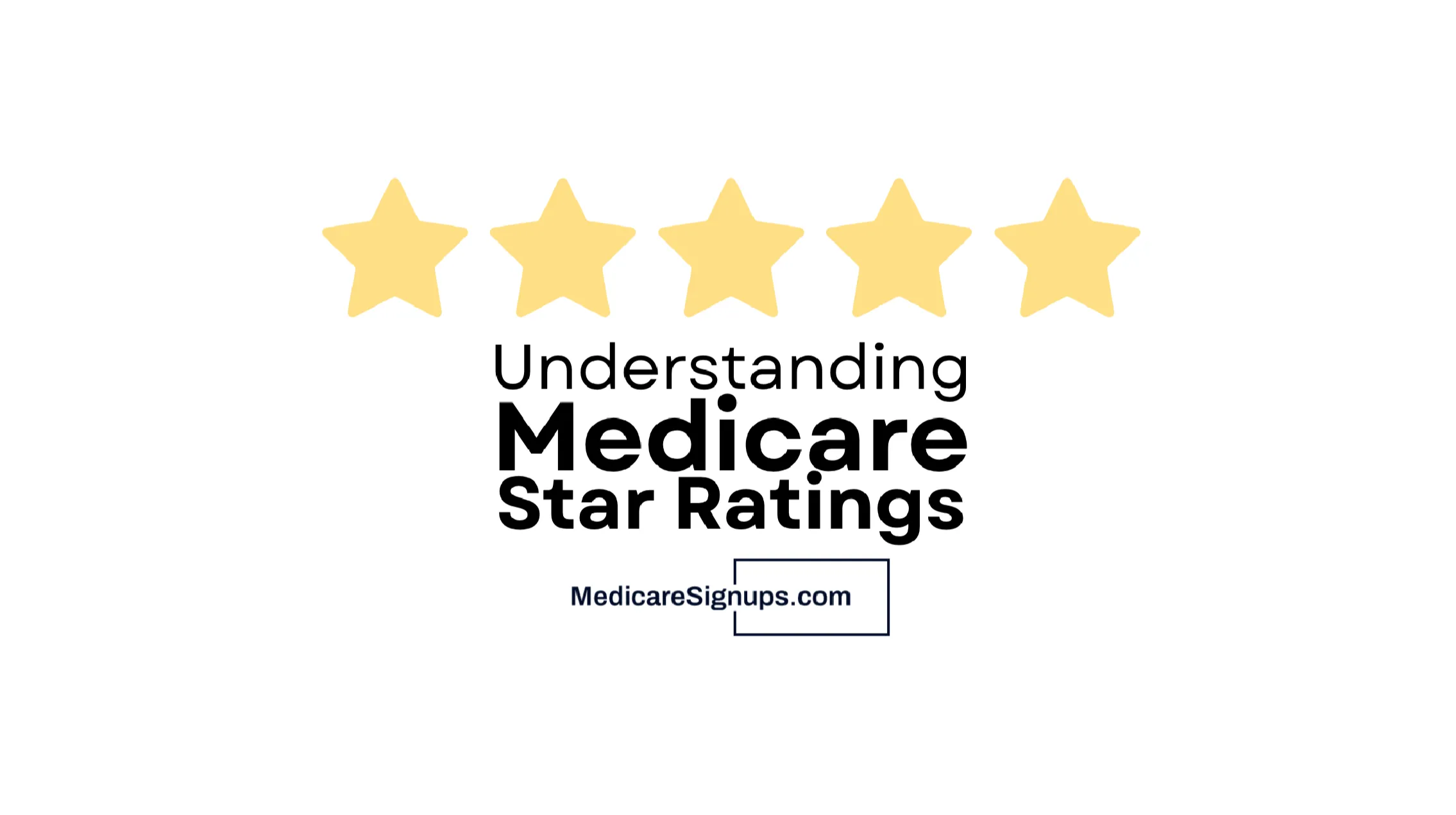
Understanding Medicare Part A: Insurance Coverage for Hospital Related Services
Medicare Part A is an insurance program that covers inpatient care, which includes care received while in a hospital, nursing facility, and, in certain circumstances, at-home treatment. Eligibility for Medicare Part A is automatic for most people when they reach the age of 65 and are already receiving retirement benefits from social security or the railroad retirement board. It is also possible to qualify for Medicare Part A before the age of 65 if you are a disabled person, have end-stage renal disease, or amyotrophic lateral sclerosis. Additionally, to be eligible for Medicare Part A, you must be either a United States citizen or a legal permanent resident of the USA for at least five consecutive years.
Medicare Part A covers hospital care for inpatients, conditioned home health services, nursing facility care (provided that custodial care isn’t the only care required), hospice care, and other critical inpatient care services, including those provided through critical access hospitals, acute care hospitals, long-term care hospitals, mental health care, inpatient rehabilitation facilities, and participation in a clinical research study. Medicare Part A beneficiaries receive full coverage for hospital expenses that are critical for their inpatient care, including a semi-private room, nursing services, meals, medications included in their inpatient treatment, and other related services and supplies from the hospital. However, Medicare Part A does not cover the costs of a private room, your private-duty nursing, your care items expenses such as shampoo, telephone, and television. It also does not cover the cost of blood. If the hospital gets blood from a blood bank, there are no charges. However, if the hospital purchases blood for you, you have to pay for the first three units that you will receive.
Most people do not pay a monthly premium for Medicare Part A Hospital Insurance coverage if they and their spouse paid Medicare taxes while working. If you are eligible for a premium-free Part A plan, you can start receiving benefits from the first day of the month you turned 65. If you are under 65, you can also get premium-free Medicare Part A if you are a disabled person and receive social security or railroad retirement board benefits, or have end-stage renal disease. However, if you are not eligible for premium-free Part A, you can buy it at an approximate cost of $458 each month. If you paid Medicare taxes for less than 30 quarters, the approximate premium is $458. If you pay Medicare taxes for 30-39 quarters, the approximate cost is $252. Part A hospital inpatient cost and co-insurance include a $1,408 deductible for each benefit period.
Co-insurance for Medicare Part A includes:
- Days 1-60: $0 for each benefit period
- Days 61-90: $352 per day of each benefit period
- Days 91 and beyond: $704 per each “lifetime reserve day” after day 90 for each benefit period
You will automatically get enrolled in Part A Medicare insurance if you turned 65 and are receiving social security retirement benefits or railroad retirement board benefits. The high time to get a Medicare plan is during your 6-month Medigap open enrollment period. You will get better prices and more policies. To be eligible for a Medicare supplement insurance Part A, you must be age 65 or older and a U.S. citizen or a legal resident of at least five years, getting retirement benefits, disabled and getting disability benefits, or have end-stage renal disease or amyotrophic lateral sclerosis.
Most Medicare Part A beneficiaries do not pay a premium if they worked at least ten years and paid Medicare taxes during that time. However, people who are not able to get premium-free Medicare Part A can also enroll in Part A and pay a premium.
There are four ways to pay your Medicare Part A premium. The first option is to pay online via your Medicare account. You can pay by credit card or debit card into your Medicare account online. The second option is to pay directly from your bank savings account. The third option is Medicare Easy Pay, which is a free service that automatically deducts your premium payments from your savings or checking account each month. You can sign up for Medicare Easy Pay on the 20th of the month. The fourth option is to mail a check to Medicare.
In conclusion, Medicare Part A is an insurance program that covers inpatient care, including hospital care for inpatients, conditioned home health services, nursing facility care, hospice care, and other critical inpatient care services. To be eligible for Medicare Part A, you must be a United States citizen or a legal permanent resident of the USA for at least five consecutive years, and you must be either 65 or older, disabled, have end-stage renal disease, or amyotrophic lateral sclerosis. Most people do not pay a monthly premium for Medicare Part A Hospital Insurance coverage, but those who are not eligible for premium-free Part A can buy it at an approximate cost of $458 each month. Co-insurance for Medicare Part A includes different amounts for different days, and Medicare beneficiaries can pay their premium using one of the four ways mentioned above.




